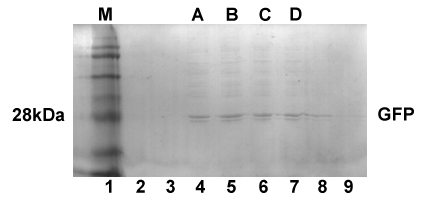Team:USTC CHINA/Project/Results
From 2013.igem.org
(Difference between revisions)
| Line 79: | Line 79: | ||
</div> | </div> | ||
<div style="float:left;width:290px;"> | <div style="float:left;width:290px;"> | ||
| - | <img src="https://static.igem.org/mediawiki/igem.org/f/f9/2013ustc-china_blank.png width="290" height="290"/> | + | <img src="https://static.igem.org/mediawiki/igem.org/f/f9/2013ustc-china_blank.png" width="290" height="290"/> |
</div> | </div> | ||
</div> | </div> | ||
Revision as of 20:56, 26 September 2013
 "
"






